A Familiar Mall With a Long Memory
Colonial Park Mall has been a local fixture since 1960, and for many in the Harrisburg area, it’s hard to picture that stretch of Route 22 without it. Decades of retail turnover, ownership shuffles, and shifting storefronts have marked its story.
But those who walked it in the early days, when Sears still sat at the far end, and Pomeroy’s opened its doors in the ’70s, know that the place wasn’t always fighting for relevance. Its story maps closely to the ups and downs of shopping culture in the region.
Lately, as headlines have turned to new owners, failed redevelopment deals, and delayed auctions, the mall has found itself back in the spotlight.
It’s one of many things to do in Harrisburg, Pennsylvania, but its draw is no longer what it once was.
The 1960s Retail Launch and First Expansion
Colonial Park Plaza began operations in 1960 as an open-air shopping center anchored by Sears and Food Fair. The design fits the time: a spacious, automobile-friendly layout catering to the growing suburbs northeast of Harrisburg.
Stores lined the plaza, with Sears as the unmistakable draw for hardware, tools, and appliances.
In 1970, the layout changed. What had been open-air became enclosed, and the name changed with it. Colonial Park Mall took shape under the same roof, moving in the direction most centers across the country were following.
The design shift helped extend the hours people stayed and adjusted the space for colder weather months.
By 1973, Pomeroy’s joined the lineup. That new addition made it a three-anchor property and broadened its appeal.
Department stores then were local engines of merchandise variety, and Pomeroy’s offered clothing, gifts, and home items that gave shoppers more reason to return.
Those early years laid the foundation for what would become the mall’s long-standing retail presence.
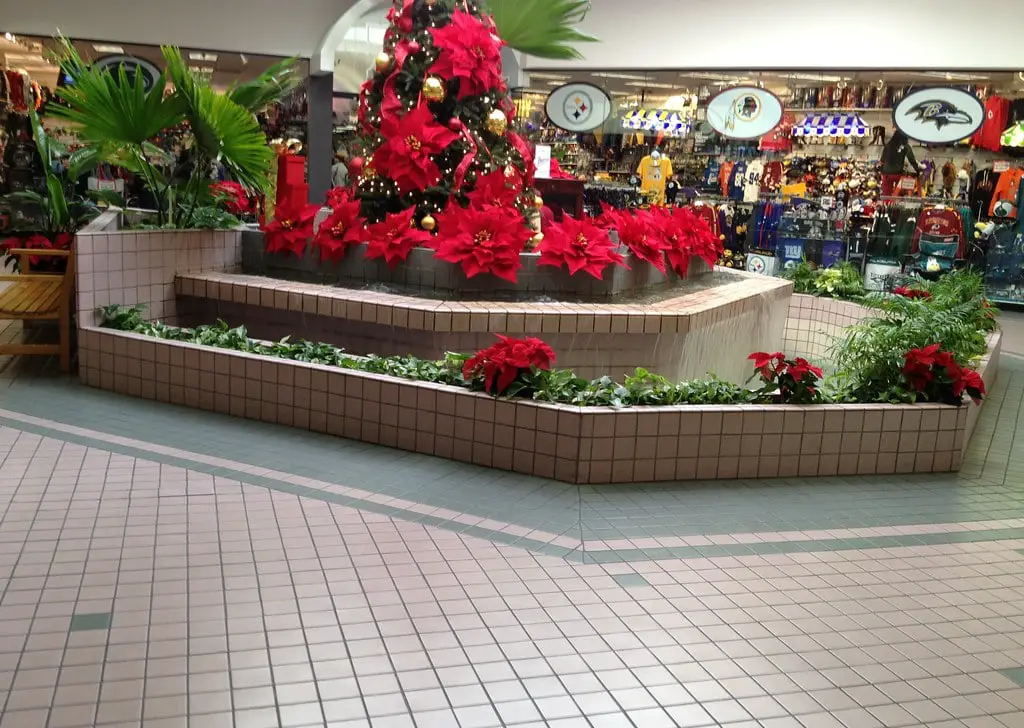
Ownership Shuffle and Trade Dealings
By 1997, Colonial Park Mall had already seen over three decades of retail churn. That year, Glimcher Realty Trust picked it up from Catalina Partners LP.
The acquisition came during a period when mid-sized malls still held value for institutional buyers looking to bulk up their retail portfolios.
Glimcher was no stranger to regional properties like this one, and the mall remained stable under its banner for several years.
The next change came in 2014 when Washington Prime Group absorbed Glimcher Realty Trust. The move was part of a larger real estate merger, not one aimed squarely at Harrisburg.
Still, it brought Colonial Park Mall under a new corporate umbrella, one already managing shopping centers in different markets.
Three years later, in 2017, the mall changed hands again. Kohan Retail Investment Group paid $15 million for it. Known for acquiring distressed malls, Kohan had already purchased several struggling properties across the country.
At that point, Colonial Park still had all three anchor spaces in place, though only Boscov’s would make it through the next few years without closing or changing hands.
The sale marked the beginning of a more turbulent phase for the property, both financially and structurally.
Anchor Stores Decline and Vacancies
The Bon-Ton store closed in 2018, ending a run that stretched back to 1990 when the company rebranded the former Pomeroy’s space.
At the time of its closure, The Bon-Ton was part of a wider retail collapse that swept through dozens of locations across the country.
Colonial Park’s vacancy echoed what had become common at malls with older anchor tenants.
Sears, one of the mall’s two original draws from 1960, held out longer but didn’t survive the national downsizing.
In September 2021, its closure was announced, with the final day of operation landing on November 14. That left Boscov’s as the only remaining anchor and the only one still drawing steady foot traffic.
The department store, which opened in 1987, wasn’t part of any lease arrangement either. It owned its space outright, which gave it insulation from the financial issues affecting the rest of the mall.
By the end of 2021, Colonial Park Mall was no longer a three-anchor property. With both The Bon-Ton and Sears vacant, the physical gaps grew more noticeable.
The retail floor plan remained intact, but the tenant mix began leaning heavily toward smaller shops, intermittent leases, and seasonal vendors.
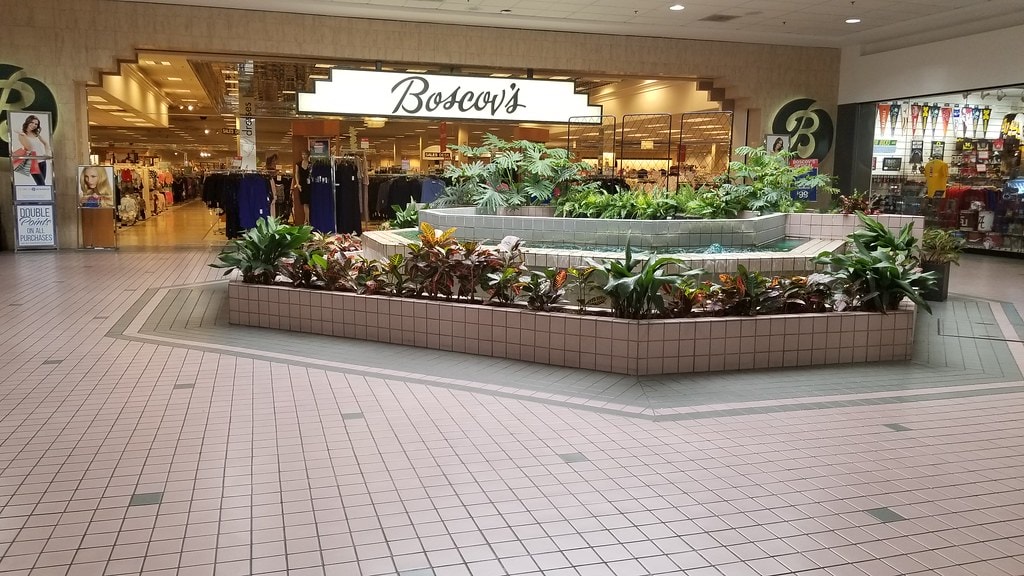
The Stonewall Capital Agreement That Didn’t Happen
In April 2023, Stonewall Capital LLC entered into a contract to buy Colonial Park Mall from Kohan Retail Investment Group.
Based in Maryland, Stonewall had outlined plans to overhaul the site, combining retail restructuring with added residential space.
The proposal kept Boscov’s in place since the department store owned its footprint.
However, redevelopment requires clean titles, and Colonial Park Mall had lingering debts. Lower Paxton Township had placed the property on the list for sheriff’s sale, citing over $250,000 owed in sewer and stormwater fees.
That financial drag stalled Stonewall’s acquisition. By July 2023, the deal fell apart. The sheriff’s sale was narrowly avoided; Kohan paid the outstanding utility bills before the sale deadline.
No official redevelopment began. Instead of breaking ground on mixed-use construction, the site remained as-is. Storefronts kept operating under short-term leases while broader plans froze.
Without Stonewall’s backing, the mall slipped further from anything that resembled a retail comeback or structural overhaul.
Auction Listings, Buyer Disclosure, and Post-Sale Uncertainty
Following the failed deal with Stonewall Capital, the mall was scheduled to go to auction in July 2024. The starting bid was set at $2.1 million, which suggested a sharp market correction from its 2017 sale price of $15 million.
But the auction was delayed. By the time the mall changed hands, it was September.
Records showed a final sale price of $8.8 million, a number more in line with commercial estimates for an aging, partially vacant mall anchored by one tenant who owned its space.
By October 2024, public records confirmed the buyer: Zi Qian Zhang. No redevelopment plan followed the disclosure, and no announcement outlined changes to the property or tenant lineup.
News outlets reported the sale but offered little beyond the name and purchase price.
By early 2025, the property was in a holding pattern. Retail activity inside the mall stayed minimal, and the building’s layout remained unchanged.
2025 Market Listing with Redevelopment Vision
Zhang had targeted the former Bon-Ton department store for Fun City Adventure Park, an indoor trampoline venue. He received permits to start work after signing an agreement with township officials in January.
In early March 2025, a new sale listing appeared for Colonial Park Mall, priced at $9 million. The decision wasn’t about profits.
It stemmed from clashing perspectives: Zhang wanted to operate a trampoline park and lease retail spaces. The township pushed for demolition and broader redevelopment.
The offering wasn’t just a passive sale of old walls and parking lots. Attached to the listing was a redevelopment proposal distributed in an offering memorandum through commercial broker channels.
It framed the mall as a roughly 18-acre mixed-use opportunity, with concept renderings and tenant repositioning strategies spelled out.
According to the documents, existing leases could be terminated with six months’ notice.
The proposed buildout covered 117,000 square feet of street-facing retail, walkable dining patios, fountains, and other outdoor enhancements.
Above it, the plan showed four levels of residential units, up to 440 apartments or condos.
A 25,000-square-foot supermarket was also outlined near Fun City Adventure Park. Boscov’s, the Bon-Ton building, Red Lobster, and the former Sears parcel were all excluded from the sale and marked “not owned.”
For a brief window, the property had a clear forward-facing concept. But by June 2025, the listing was no longer active. No follow-up statement or marketing update replaced it.
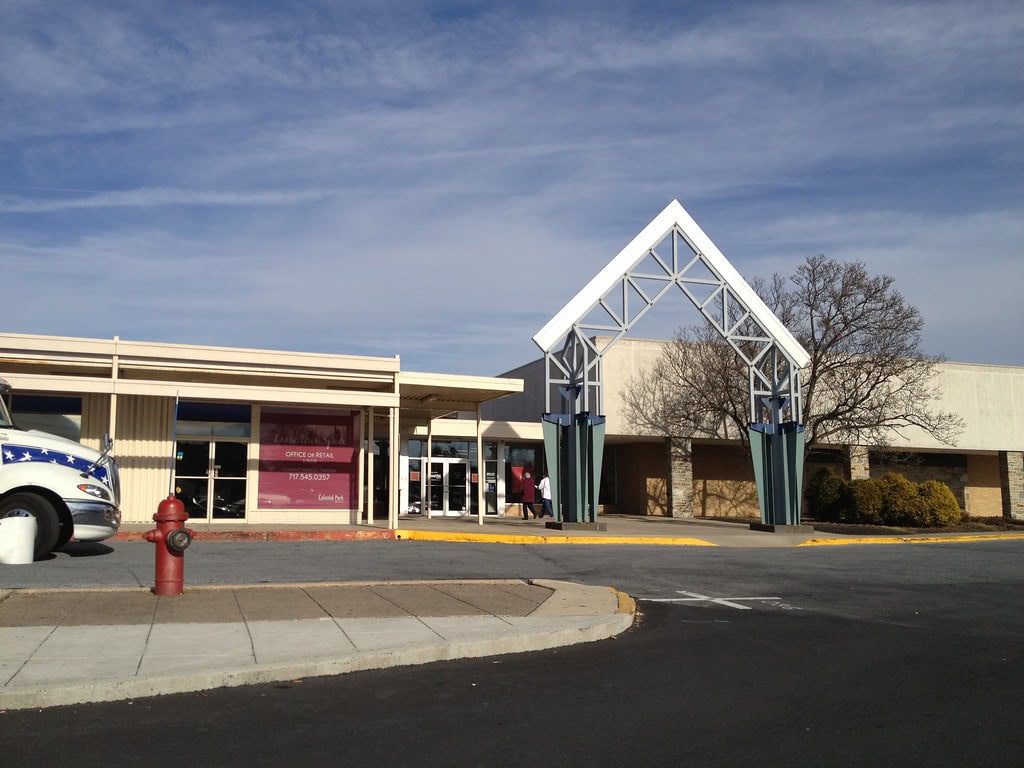
Parcel Exclusions and Site Complications
Even with a full redevelopment vision on paper, the Colonial Park Mall property carried substantial limitations.
The offering package confirmed that multiple large structures, including Boscov’s, the Bon-Ton space, the former Sears, and outparcels like Red Lobster, weren’t part of the sale.
Buyers were presented with 18 acres, but those acres were cut around major anchors and left portions unbuildable.
The concept plan accounted for this by calling one zone a “No Build Area.” That label was applied especially to the land surrounding Boscov’s footprint, which could not be developed as part of the sale.
The same restrictions were applied to other areas that were still under separate ownership. The result was a fragmented site where retail construction or residential additions had to work around physical and legal boundaries.
As of mid-June, there was no sign of construction start dates, lease negotiations, or contractor appointments tied to the plan.
The mall remained open but unchanged, fenced in by both past deals and current ownership splits.
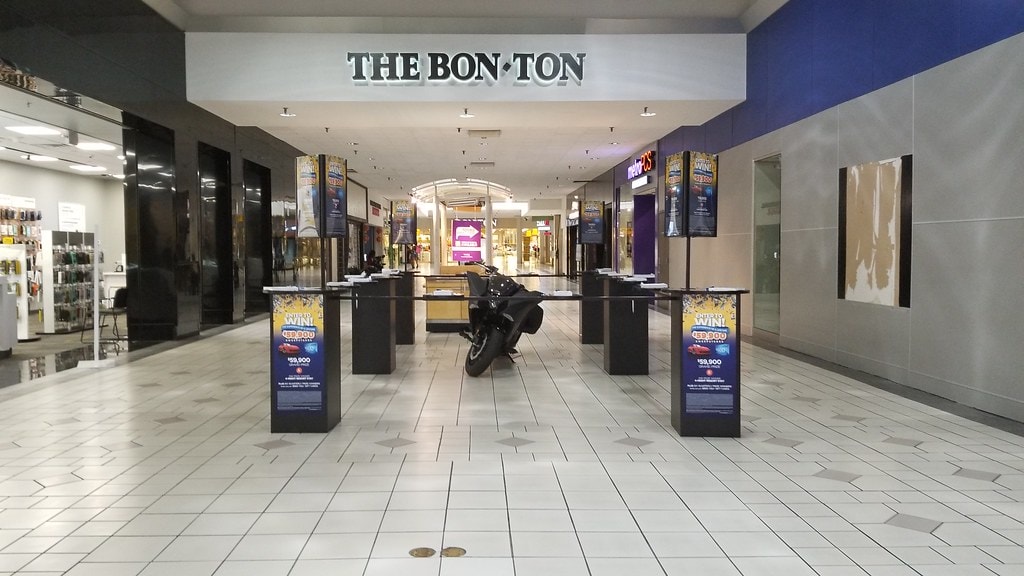
🍀

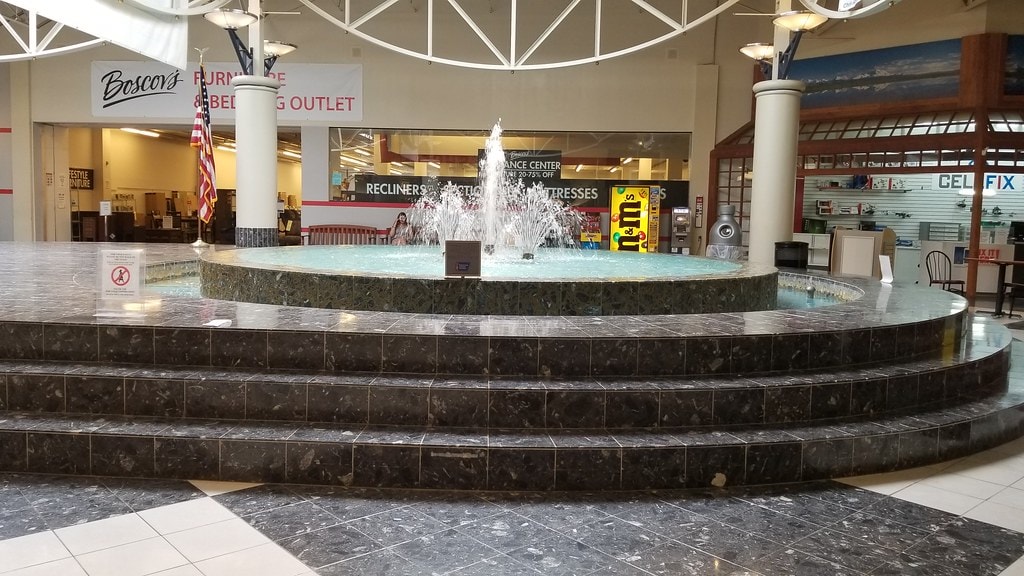
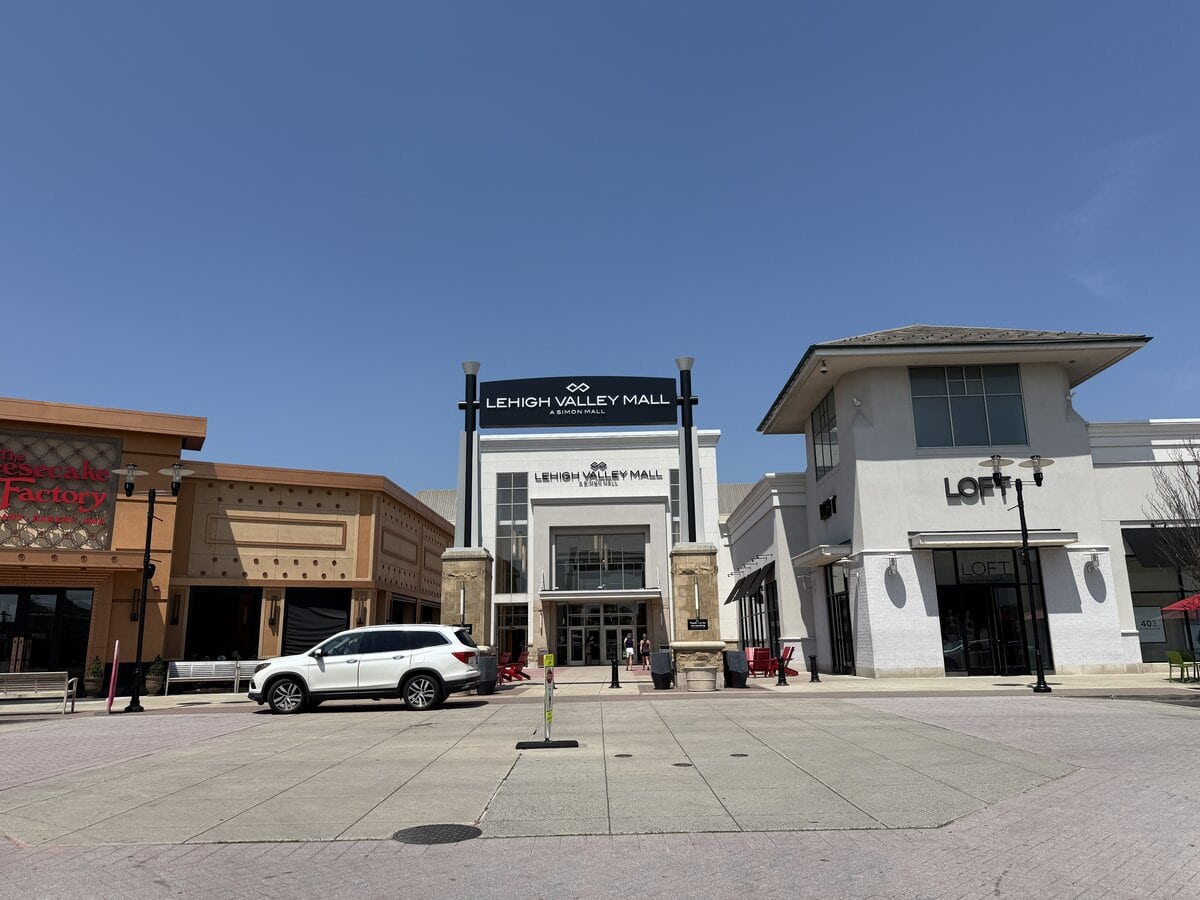
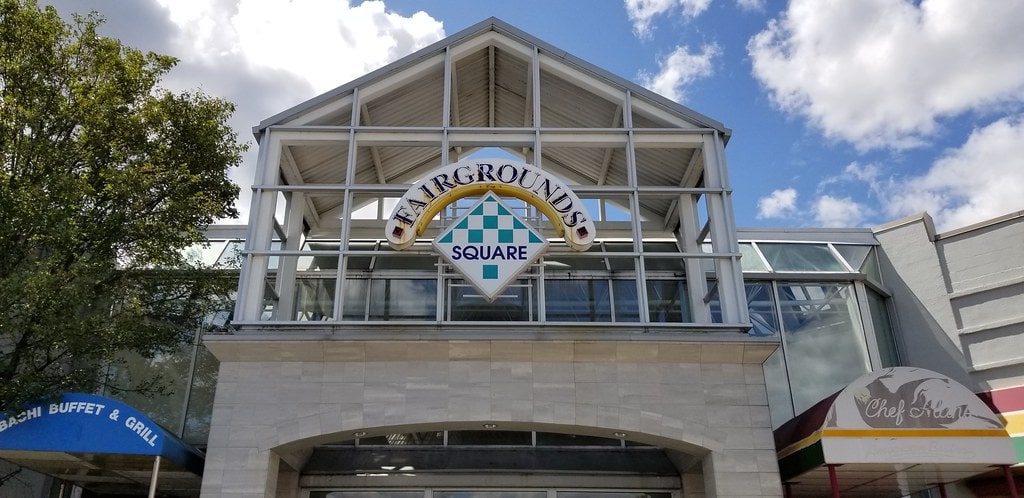
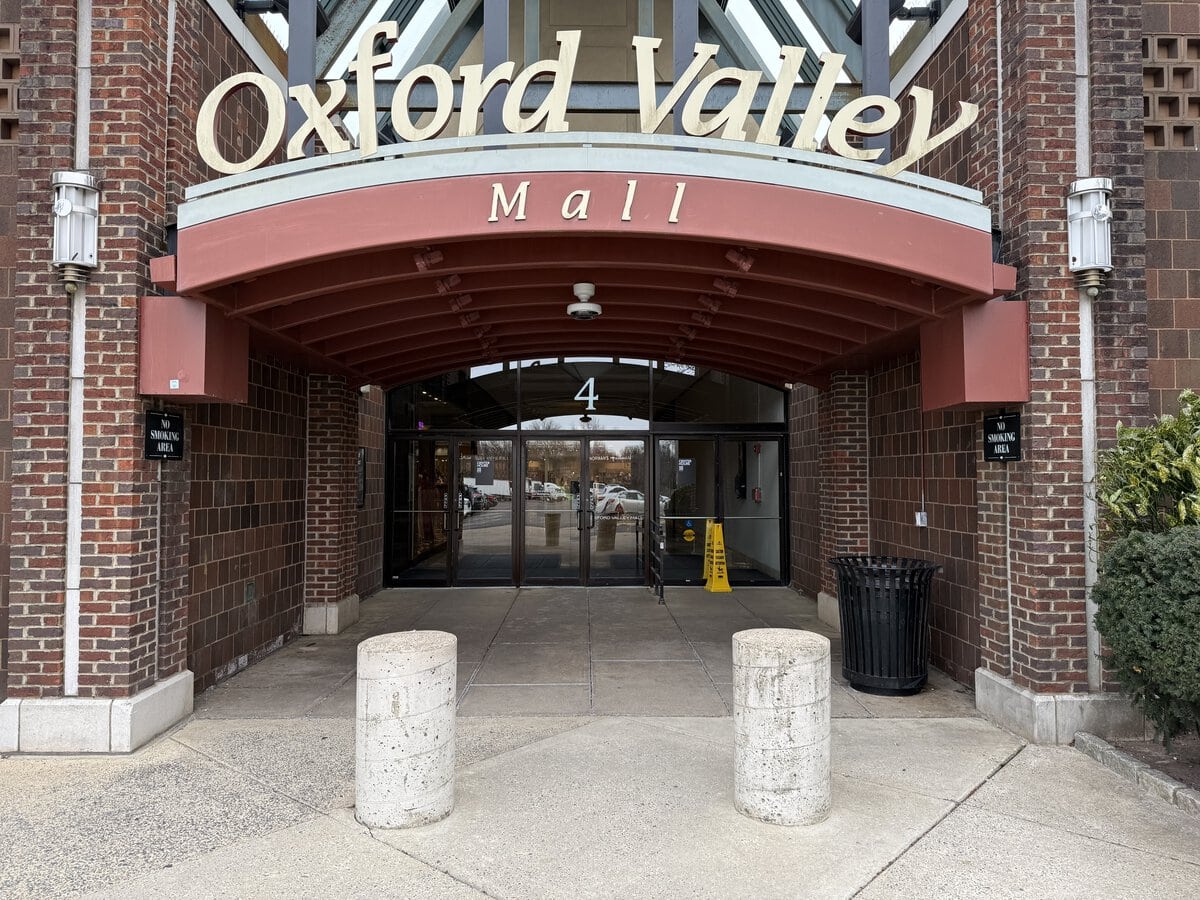
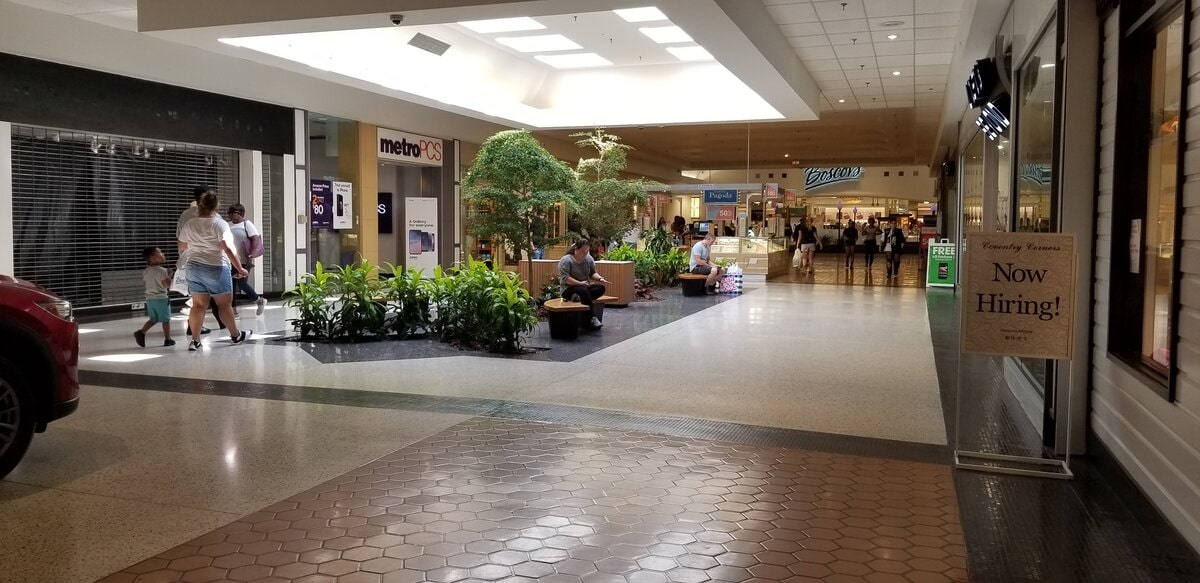
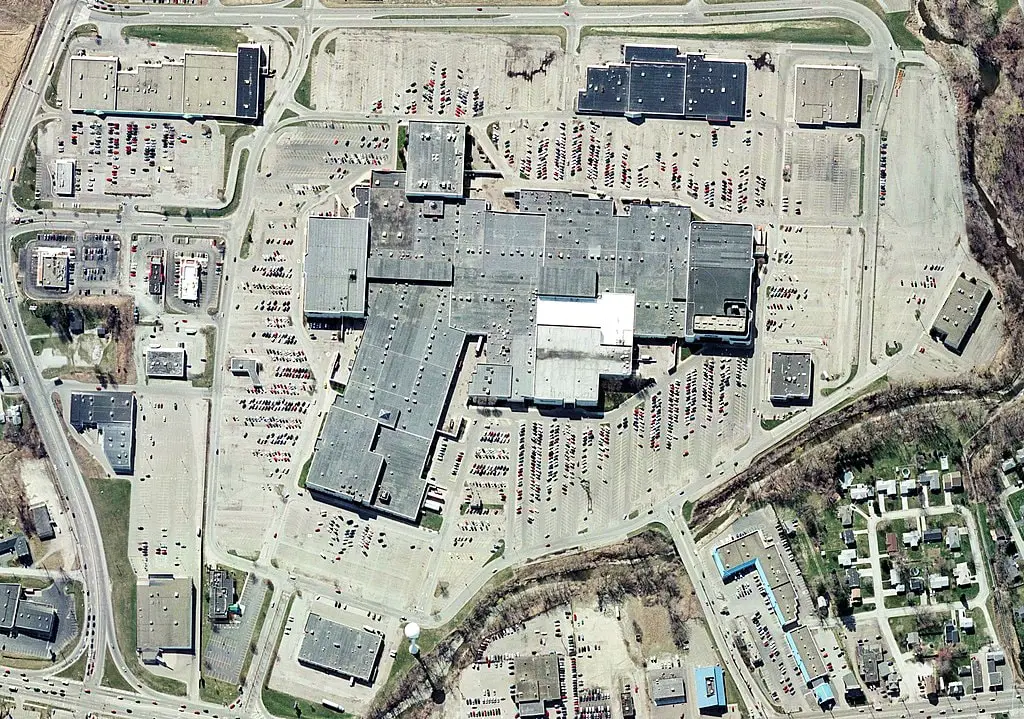
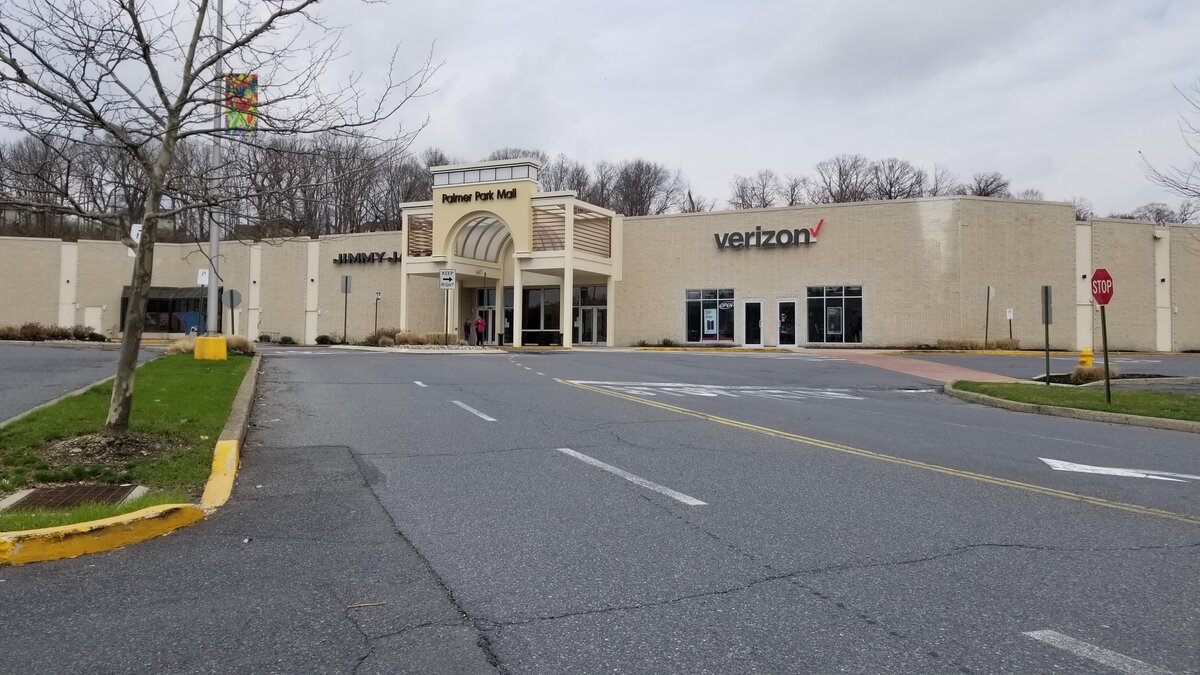
I’ve lived in the Harrisburg area for a lot of years and always shopped at the Colonial Park Mall. I really hated to see the Bon-Ton to go out! And of course Sears also. I really like to shop at Boscov’s. I wish I could continue shopping there and I wish the Mall the best!!!
I’m delighted you have enjoyed shopping at Colonial Park Mall for many years. It’s truly disheartening to see beloved stores like Bon-Ton and Sears close. Here’s to hoping the mall remains a cherished part of the Harrisburg community!
as a long time resident of Harrisburg and as a child my mom would go shopping at the mall . I think if they are not going to keep the mall or at least some of it they should make it into a complex for low income housing for everyone or just seniors . just don’t want to see it empty sitting there
Thanks for linking your personal memories with a current need. That’s the kind of comment that moves the discussion forward, past nostalgia and into possibility.